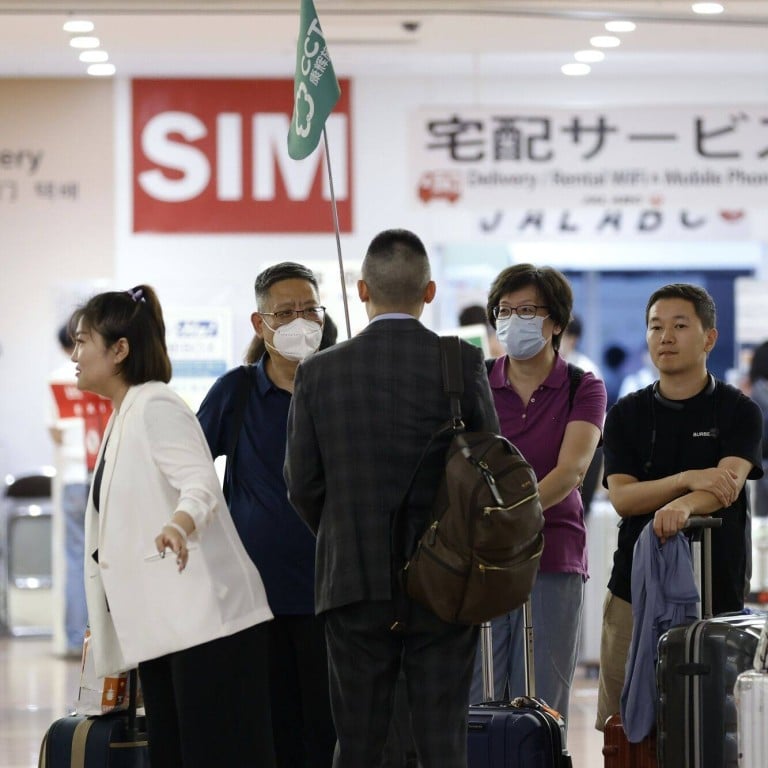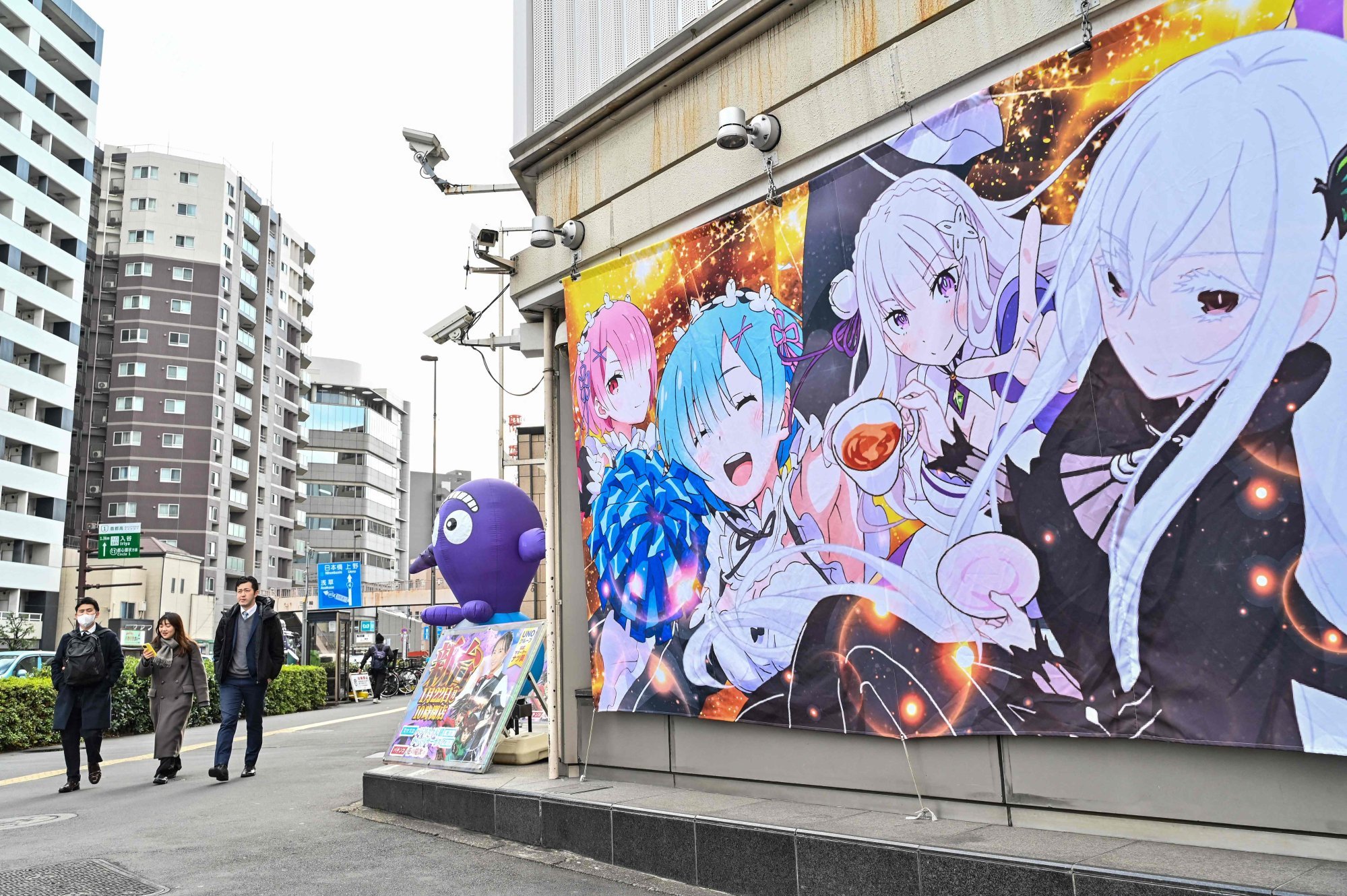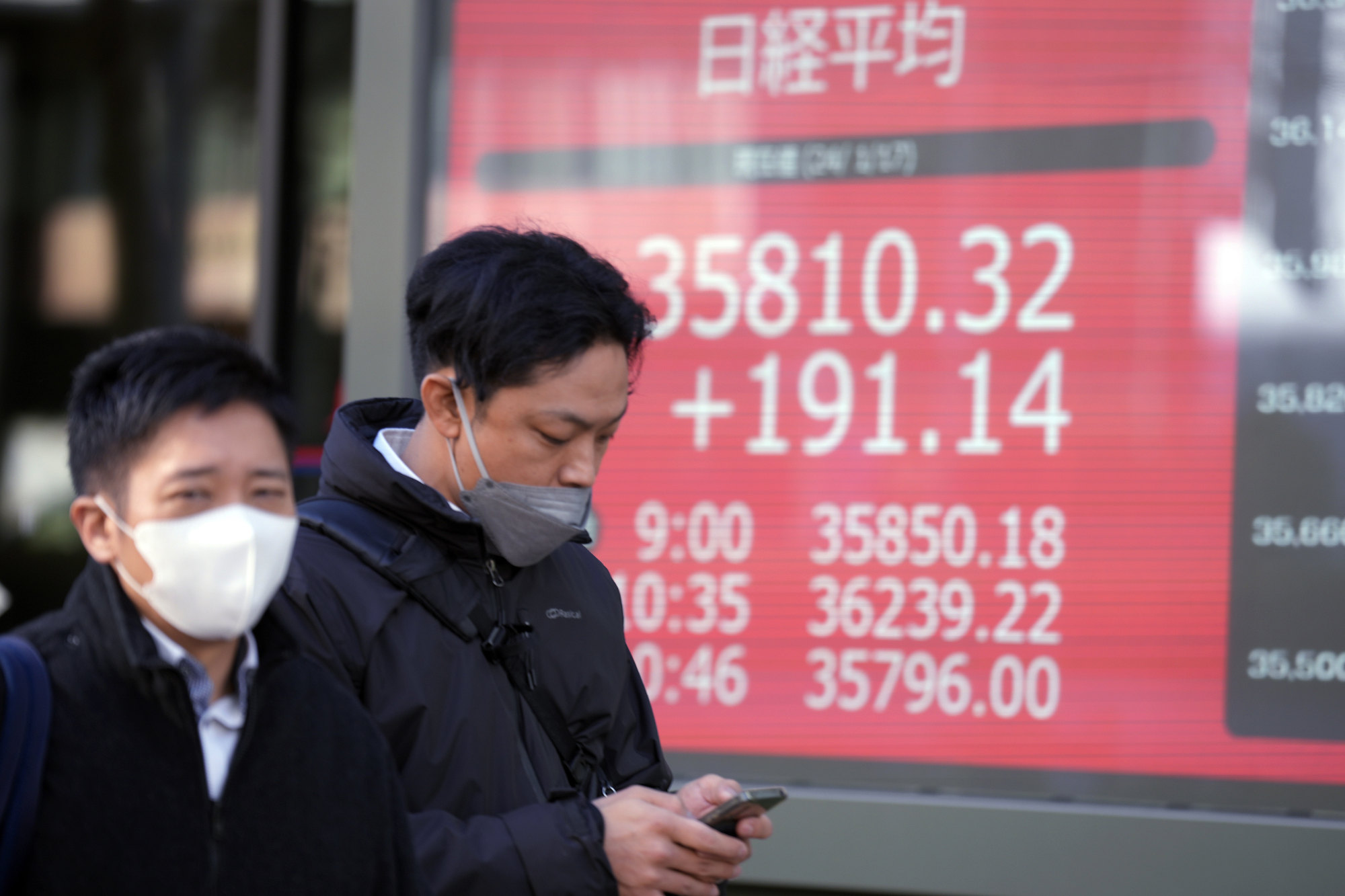
Most Japanese do not have ‘friendly feelings’ towards China amid Beijing’s aggression in South China Sea, Taiwan: poll
- Some 86 per cent of the 3,000 respondents in the Cabinet Office survey were concerned about China’s aggression in the South China Sea, Taiwan and the Diaoyu Islands
- Survey respondents that spoke to This Week in Asia clarified they did not dislike the Chinese people and culture, with their negative feelings only aimed at the Chinese government
Upgrade of Japan-Asean ties a ‘natural’ move amid growing Chinese influence
Survey respondents that spoke to This Week in Asia, however, emphasised that they did not dislike the Chinese people and that they held largely positive feelings towards Chinese cuisine, history, art and culture. Their dislike was aimed primarily at the government in Beijing and the Communist Party.
“The aversion that many in Japan feel towards the government in Beijing or the Communist Party is shared, I believe, by people in other countries in the free world,” said Yoichi Shimada, a professor of international relations at Fukui Prefectural University.
“Japan is just geographically closer to China, and it is our territory that Beijing is claiming, so it comes as no surprise if the distrust of China is greater here,” he told This Week in Asia.

Ken Kato, a Tokyo-based businessman, echoed the belief that Japanese do not like to be “bullied” or see others treated in the same way.
Maya Hamada, a professor of Chinese literature at Kobe University, says the image of China among the vast majority of young Japanese is “very negative”, which may be contributing to the gradual decline in numbers of those studying Chinese language, literature and culture.
“There has clearly been fewer and fewer people interested in studying Chinese since around 2019, with many young people shocked at the actions and image of China in the early stages of the pandemic.”
“But I believe that my students do distinguish between ordinary Chinese people and the government,” she added.
And Hamada is not optimistic that things will improve, in part because her experiences have shown that the Chinese are just as hostile towards Japan.
‘Clickbait’: Japan slams UK tabloid report linking dead fish to Fukushima water
Personal friends with experience of Japan and Japanese people were more open to alternative viewpoints, Hamada said, but “everything on the internet and on television takes whatever Japan does and finds a way to be critical”.
“It seems to me that the government’s policy is to make the people dislike Japan to praise and elevate their own country, which is exactly what the extreme right-wing does here in Japan,” she added.
That distrust of Japan’s neighbour appears to carry over into the commercial sector. Another survey, released on January 15 by the Japanese Chamber of Commerce and Industry in China, indicated that just 15 per cent of member companies increased investment in China last year, while 48 per cent did not invest in their Chinese operations or cut spending.
There have been reports of Japanese companies shrinking their operations in China and some shifting their manufacturing operations to other countries entirely, with Vietnam being a popular destination for firms. Rising costs in China are a factor for many, but some officials have expressed concern about the theft of intellectual property and the arrest of Japanese businesspeople on flimsy charges of espionage.

“There are many in Japan who believe companies should accelerate their withdrawal from China because of the intimidation that businesspeople there are experiencing,” Shimada said. “There is also deep concern about advanced Japanese technology in areas such as IT, which we know China is seeking to access.”
Yet there are signs that some Japanese politicians are attempting to build bridges with Beijing.
Mizuho Fukushima, head of the opposition Social Democratic Party, visited China last week and met senior government officials to discuss improving bilateral relations. In a meeting with Wang Huning, the fourth-highest ranked official in the Communist Party, the SDP leader was told that Beijing hopes to improve ties and “constructively manage differences”, Jiji Press reported.
Analysts pointed out, however, that there is little chance of Fukushima influencing the policies of either government as the SDP has little power in Japan and, with the public concerned about China’s growing influence, is unlikely to win any new followers by appearing in Beijing.


